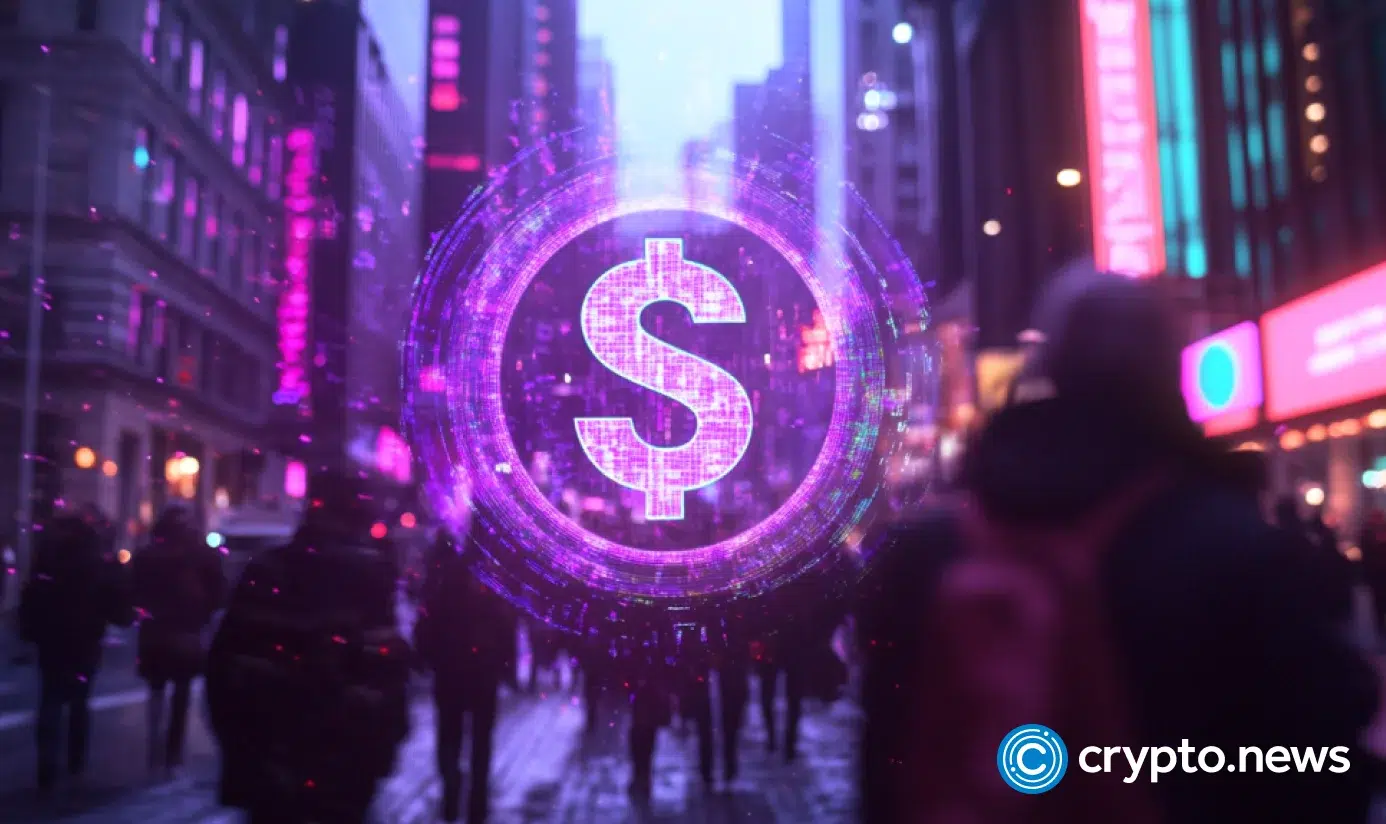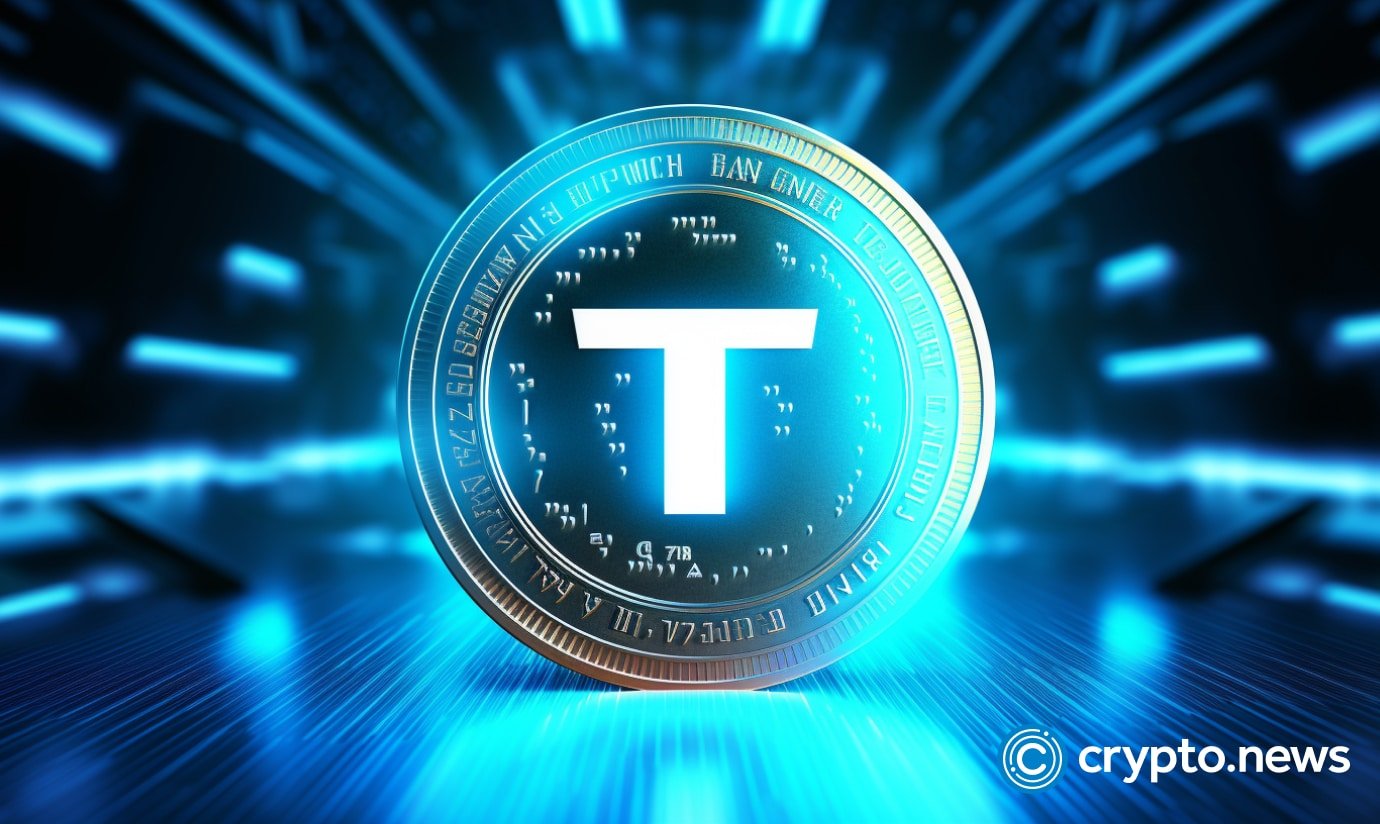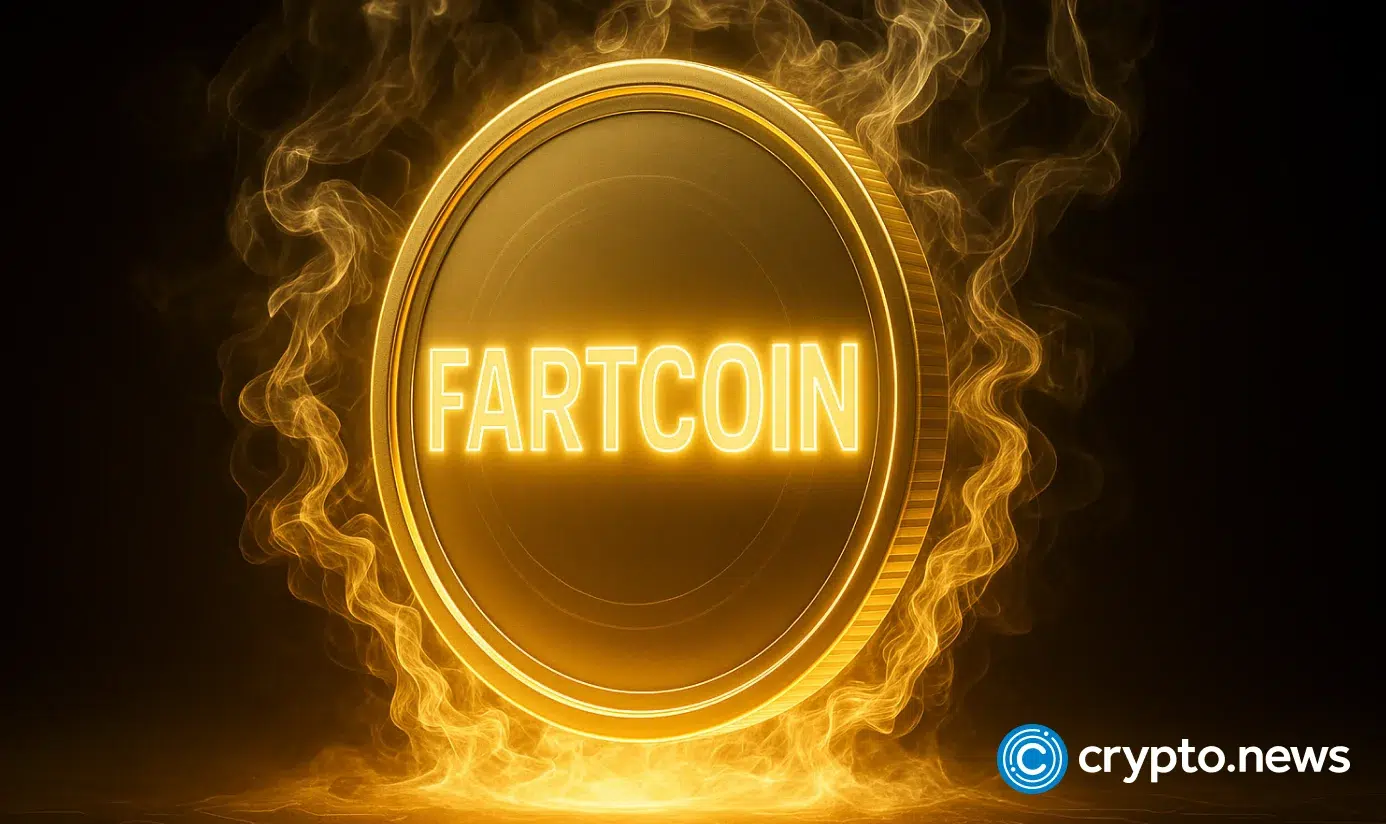
Circle’s IPO Soars 234% as Bitcoin Wallet Growth Hits 2025 High Amid Fiat Weakness
The cryptocurrency and blockchain industry witnessed two major developments in early June 2025: Circle’s explosive IPO debut and Bitcoin’s highest wallet growth of the year, both unfolding against a backdrop of fiat currency weakness. This article examines these key events, their implications, and the broader market trends shaping the digital asset landscape.
Circle’s IPO Stuns Markets with 234% Surge
On June 5, 2025, Circle Internet Group, the issuer of the USDC stablecoin, made its long-awaited debut on the New York Stock Exchange (NYSE) under the ticker CRCL. The company had upsized its initial public offering (IPO), pricing 34 million shares at $31 each, raising over $1 billion.
However, what followed was unprecedented. Within 30 minutes of trading, Circle’s stock price skyrocketed to $103.75—a 234% surge from its IPO price. The rapid ascent triggered multiple volatility halts as traders scrambled to adjust positions. Analysts described the event as a “Moon Landing Moment” for stablecoins, signaling Wall Street’s growing acceptance of blockchain-based financial solutions.
Juan Leon, an analyst at Bitwise, remarked:
“You don’t see that often.”
The strong performance underscores investor confidence in Circle’s role as a leader in the stablecoin sector, particularly as regulatory clarity around digital assets improves.
Bitcoin Wallet Growth Reaches 2025 Peak
While Circle dominated traditional markets, Bitcoin (BTC) demonstrated renewed on-chain strength. Data from early June revealed that:
- Wallet creation hit a six-month high.
- Token circulation spiked, indicating increased network activity.
Despite these bullish fundamentals, BTC derivatives traders remained cautious, with prices hovering below $105K. Analysts suggest that while new investors are entering the market, seasoned traders may be waiting for clearer signals before committing to large positions.
This surge in wallet growth aligns with Bitcoin’s historical resilience during periods of macroeconomic uncertainty—a trend that has resurfaced amid weakening fiat currencies.
Fiat Weakness Fuels Crypto Demand
The US dollar (USD) recently fell to a three-year low, reigniting debates about fiat stability versus decentralized alternatives like Bitcoin. The European Central Bank (ECB) further exacerbated concerns by lowering interest rates, diminishing the appeal of traditional savings instruments.
Some commentators have drawn parallels to Satoshi Nakamoto’s original vision—that Bitcoin could serve as a hedge against inflation and centralized monetary policies. While it’s too early to declare “fiat failure,” the shift in investor sentiment is evident as capital flows into crypto assets accelerate.
SHA256 Mining Algorithm Reclaims Top Spot
Bitcoin’s mining ecosystem also saw a notable shift in early June 2025. After ranking third in profitability in late 2024, the SHA256 algorithm (used by Bitcoin) tied with Litecoin’s Scrypt for the most profitable mining method. This resurgence highlights:
- Increased transaction fees and network demand.
- Improved efficiency in mining hardware.
Miners are now allocating more resources back to Bitcoin, reinforcing its security and decentralization—a positive signal for long-term sustainability.
Beijing Accelerates Seized Crypto Liquidation
In regulatory developments, Beijing authorities introduced a streamlined process for liquidating confiscated digital assets. Partnering with the Beijing Equity Exchange, law enforcement now:
- Vets seized crypto via third-party custodians.
- Sells assets on compliant Hong Kong exchanges.
- Converts proceeds to fiat within 24 hours for treasury transfer.
This move aims to curb illicit crypto use while ensuring rapid asset recovery—an approach other governments may soon emulate.
Memecoins Rally: Fartcoin & Bonk Surge
Beyond institutional developments, retail-driven assets like Fartcoin and Bonk saw significant rallies as memecoin momentum returned. Meanwhile, newcomer Wall Street Ponke raised $300K in 24 hours, demonstrating continued appetite for speculative crypto plays despite broader market maturity. (Note: This section references sponsored content.)
Tether Expands African Footprint with Shiga Digital Investment
Stablecoin giant Tether continued its global expansion by investing in Africa-based blockchain platform Shiga Digital. This follows recent moves into Latin America via Chilean exchange Orionx, reinforcing Tether’s strategy to dominate emerging markets where crypto adoption is accelerating fastest.
Conclusion: A Pivotal Moment for Crypto & Traditional Finance
The events of early June 2025 highlight a critical inflection point:
- Circle’s IPO success validates stablecoins in mainstream finance.
- Bitcoin’s fundamentals strengthen amid fiat instability.
- Regulatory and mining trends signal maturation of the crypto economy.
While short-term trader caution persists, long-term indicators suggest growing confidence in blockchain technology as both an investment and infrastructure solution. As traditional and decentralized finance converge, the next phase of adoption appears well underway.
Images in the article:



